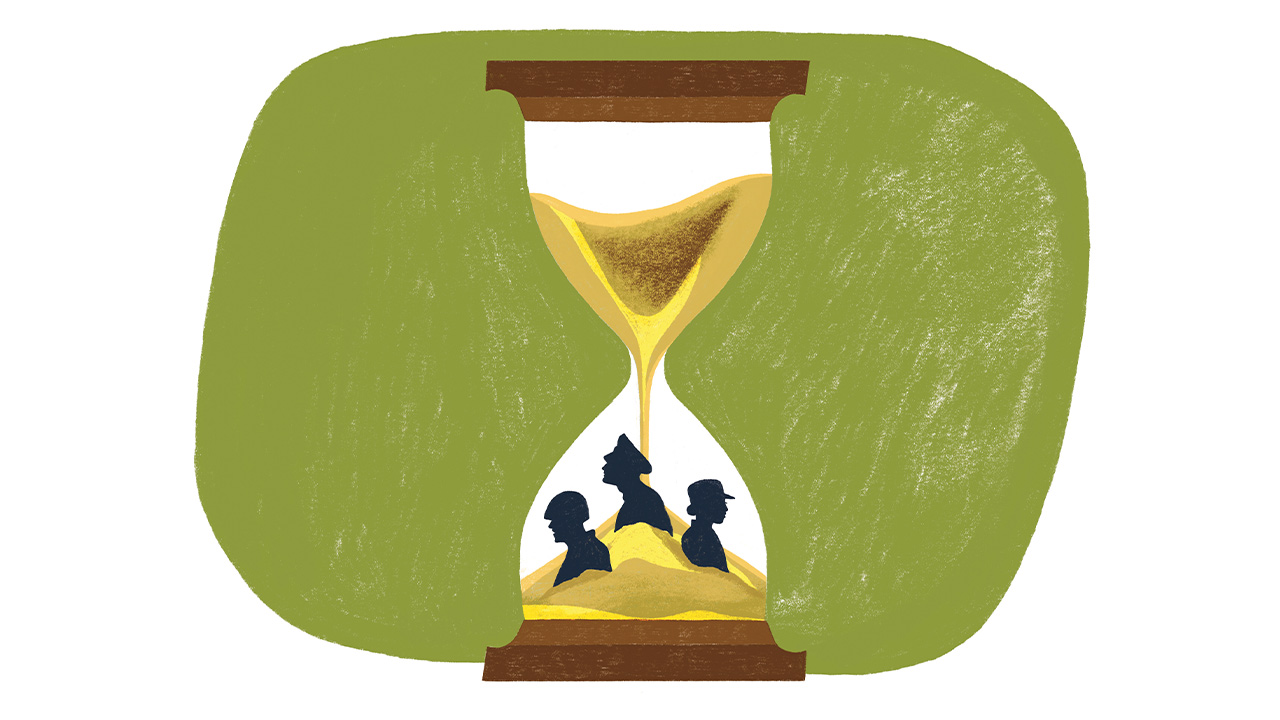


He said he had flown several classified missions in Vietnam and produced affidavits from fellow veterans to support his claim. The VA said it could find no record of that service. When his claim was rejected, Mote appealed the decision in 2013, but he died later that year. His widow is continuing her fight for disability payments.
Mote’s case is just one disturbing example of the effect of unreasonable delays on veterans and their families who have waited years for resolution of their disability claims. For years, I have led an effort to solve the problem of delay in deciding appeals of veterans’ disability benefits claims from the VA to the Board of Veteran’s Appeals. These disability claims relate to service-connected injuries/illnesses for which there is compensation from the government, based on a rating system. The VA decides eligibility and amount. Veterans depend on these benefits for basic necessities such as food, clothing, housing and medical care.
To file an appeal, veterans must file a Notice of Disagreement at the VA level. The VA must issue a Statement of the Case. On average, the Statement of the Case takes a year-and-a half to be issued, and the veteran has 60 days to appeal. It takes on average 485 days to certify the appeal and 376 days to deliver the file to the Board of Veteran’s Appeals, a total of 861 days, over two years. The total time between denial of a claim by the VA and when the Board of Veteran’s Appeals decides the case is four-and-a-half years. Remand, of which there are many, involves further delay.
I first became aware of the delay in 2006, after reading a newspaper report, and as a veteran, I was concerned. At that time, many believed there would be a significant increase in claims and appeals due to the wars in Iraq and Afghanistan, and they were correct. I concluded veterans were being denied their right to due process. It should be noted that a panel of Ninth Circuit judges in Veterans for Common Sense v. Shinseki, 678 F.3d 1013 (9th Cir. 2012), decided veterans were being denied due process, but the full Court, on re-argument, reversed the panel. The Supreme Court denied certiorari.
I first proposed an ADR program similar to the highly successful Philadelphia Judge Pro Tem program as a way to speed up decisions. The American College of Trial Lawyers agreed to provide Fellows as Judges Pro Tem. College Fellows were to act as the Judges Pro Tem in cases on appeal to the Board of Veteran’s Appeals. The Board rejected this approach because there was no statutory authority for such a system, even though amendments of the statutes/rules was possible. In 2008, the then-secretary of the Veteran’s Administration agreed to a pilot Pro Tem program as proposed.
A veteran’s organization, representing veterans in these claims, declined to participate on the grounds that the veteran’s benefits system was a non-adversarial system and this program would change that. The pilot program was never implemented. Thereafter, the VA and veteran’s organizations resisted any proposed changes made by me and College Fellows John Chandler and Denny Shoup. Congress did make process changes in the last couple of years, but those changes should have little impact on the delay problem.
Finally, in 2016, the College decided an action should be filed against the VA Secretary. My research led me to conclude mandamus was the appropriate remedy. Suit was brought, on behalf of 12 veterans, by College Fellows, John Chandler, Beth Tanis and Steve Raber in the Court of Appeals for Veterans Claims. The relief requested was for a writ of mandamus and a finding that the delay is unreasonable and a violation of due process. The Veteran’s Court denied relief and an appeal was taken to the Court of Appeals for the Federal Circuit. That Court reversed the Veteran’s Court and changed the mandamus standard, granting highly significant relief to veterans in individual cases. Martin v. O’Rourke, 891 F.3d 1338 (Fed. Cir. 2018).
Broader due process relief to all veterans was not granted. The case was remanded to the Veterans Court for further proceedings applying the new mandamus standard. After remand, several of the claims on appeal in the Martin case were settled. The Mote case remained unresolved.
After remand, the Veteran’s Court failed to apply the proper mandamus standard, and a second appeal was taken to the Federal Circuit. That appeal was once again decided in favor of Mrs. Mote because the Veteran’s Court still failed to apply the proper mandamus standard. The case was again remanded to the Veteran’s Court on September 28, 2020 and awaits decision. It should be noted that a panel of the Veteran’s Court, in June 2019, found unreasonable delay and granted class action certification in Godfrey v. Wilkes, No. 366. However, that case is not applicable beyond its facts.
Delay relief for the 238,000 veterans (as of August 2018), whose claims remain outstanding, is still unresolved. The fight for them, begun in 2006, continues!